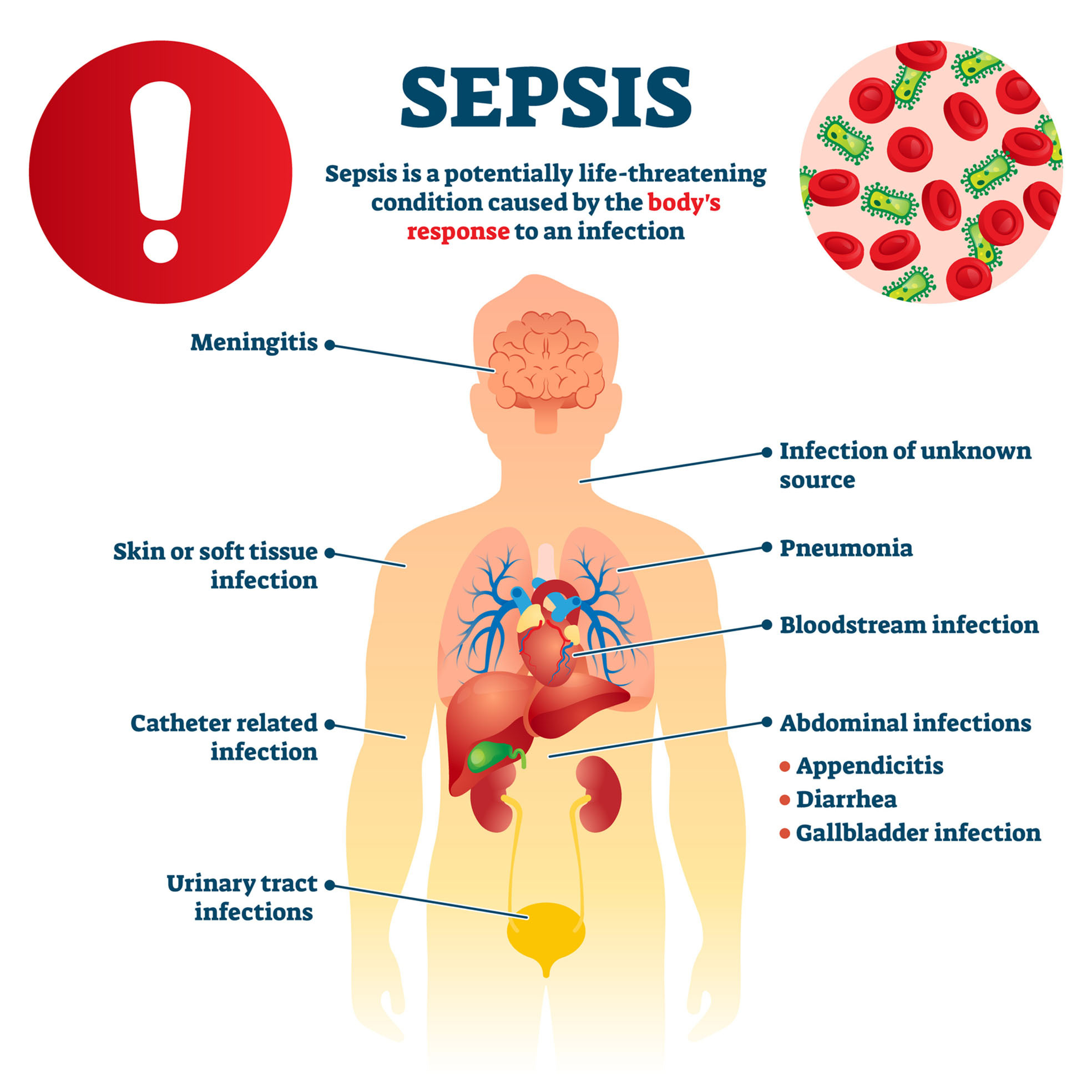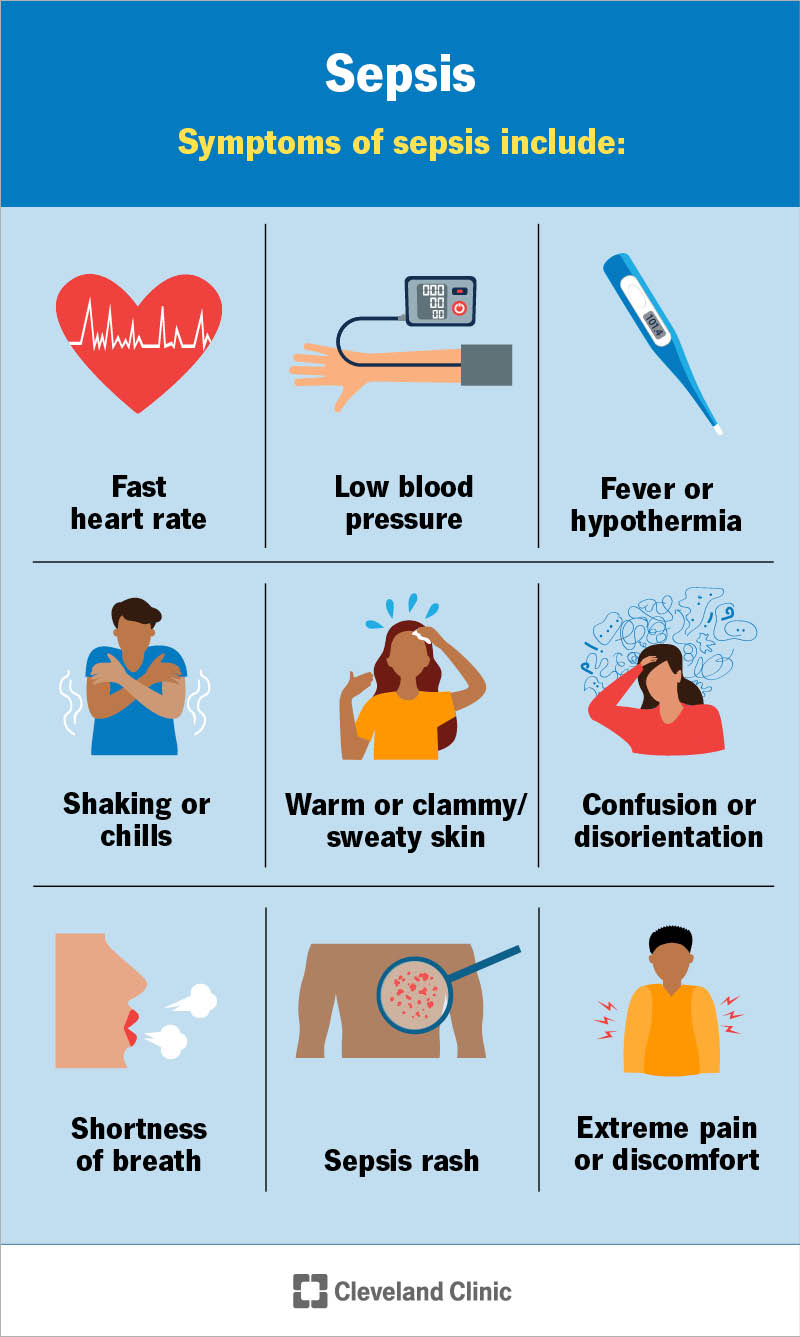can sepsis cause an autoimmune disorder
Sepsis is a serious medical condition that arises from the body's extreme response to infection, which leads to systemic inflammation and subsequent organ dysfunction. While sepsis itself does not directly cause autoimmune disorders, there is a growing body of evidence suggesting a complex relationship between sepsis and autoimmune diseases.
Key Findings on Sepsis and Autoimmunity
-
Association and Susceptibility:
- Observational studies indicate that individuals with autoimmune diseases may be more susceptible to developing sepsis. This suggests that the immune system may be already compromised or dysregulated in these individuals, leading to an increased risk of infections that can trigger sepsis (Critical Care).
- Conversely, it is hypothesized that the immune dysfunction that occurs during and after a severe sepsis event could alter immune responses such that it may predispose some of these individuals to develop autoimmune features or disorders later on (PMC).
-
Immunological Impacts:
- Sepsis significantly affects both innate and adaptive immune responses, and these alterations can be sustained over time. There is evidence to support that sepsis can lead to long-lasting immunosuppression, which might create an environment where autoimmune disorders could potentially emerge as the body's regulatory mechanisms fail (JCI).
-
Impact on Disease Outcome:
- Research indicates that patients who experience sepsis may face complications that include an increased risk of severe outcomes associated with underlying autoimmune conditions. This correlates with findings that demonstrate heightened mortality risk among autoimmune disease patients following sepsis events, likely due to both the primary condition and its interaction with sepsis (BMC).
-
Inflammatory Response:
- The immune response to sepsis involves a state of uncontrolled inflammation, which, in some severe instances, can lead to systemic organ failure or injury. Following sepsis, this altered immune response may lead to conditions resembling autoimmune disease due to the body's mistaken targeting of its own tissues when recovering from the infection.
Conclusion
In conclusion, while sepsis does not directly cause autoimmune disorders, the immune dysregulation and inflammation associated with sepsis could potentially trigger or worsen autoimmune conditions in susceptible individuals. The relationship between sepsis and autoimmunity represents a complex interplay requiring further research to elucidate how one condition may influence the onset or progression of another. For additional insights, resources can be found at Sepsis Alliance, BMC, and JCI.
Sources


Related Questions
Work fast from anywhere
Stay up to date and move work forward with BrutusAI on macOS/iOS/web & android. Download the app today.
